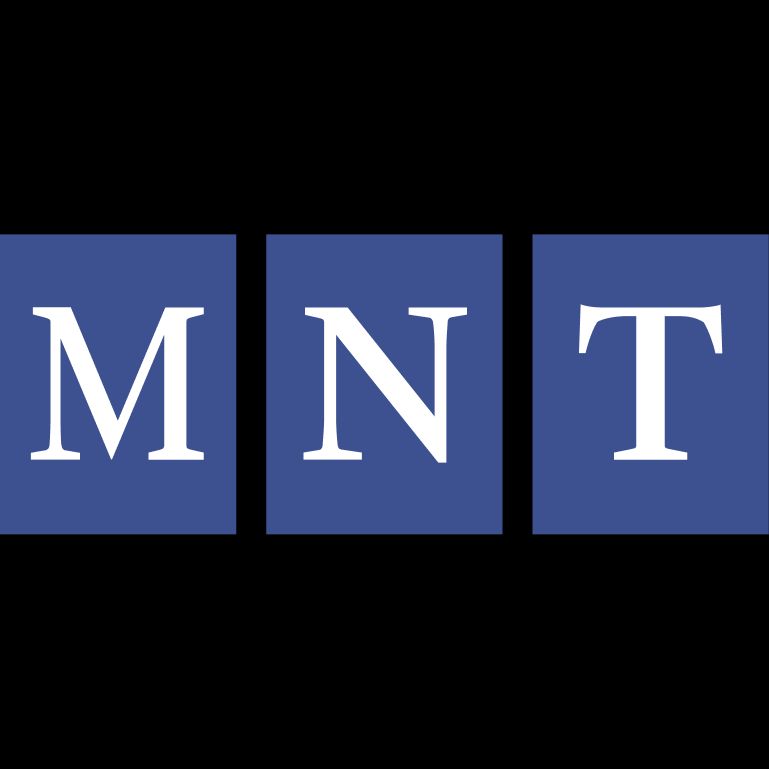F
Fidem
Guest
I would like to know if there is something intrinsically wrong or anti-catholic with osteopathy.
Last edited:
I second this question. If anything, (based on my experience), I would think an osteopath would be preferable.Why would you think it wouldn’t be allowed?
Umm…that’s a matter for local jurisdictions.Osteopaths are real doctors,
In the USA osteopaths are recognized as licensed doctors.

 www.medicalnewstoday.com
www.medicalnewstoday.com

“In the US…”. Right.In the USA osteopaths are recognized as licensed doctors.
The problem is that we do not know where the OP is from. I have noticed that on this forum there is usually an assumption that everyone is from the US. If the OP is not the from US, it is likely that an osteopath in this case is not a medical doctor of any kind and is just an alternative medicine practitioner.Do you understand what an osteopathic physician is? Do you have them confused with some kinds of “doctors” that do not require 4 years of college, 4 years of medical school, in addition to a residency in their chosen speciality?
Osteopathy is a popular alternative therapy originally developed by Dr. A.T. Still’s. It is based on the idea that physical manipulation aimed at “osteopathic lesions” in the spine begins a complete process of self-healing. Treatments provided by osteopaths include posture and exercise tips, but focus on manual techniques for muscle and bone problems. However, the existence of “osteopathic lesions” has not been proven clinically or radiologically, and the evidence for the clinical effectiveness of osteopathy is “thin” and inconclusive at best. From a Christian perspective, Still’s involvement in psychic practices, particularly in diagnostic methods, supports the conclusion that osteopathy is not a recommended therapy (source: Christian medical fellowship, UK).
I hope it helps.Furthermore, among the principles of action, osteopaths state that homeopaths should “treat the whole person: physically, emotionally, mentally and spiritually.” The first thing that comes to mind is common sense caution to which we will hand over our complete person. In addition, there is no indication that the “spiritual” - the spiritual component mentioned is understood and treated in a Christian way. It should also be mentioned that part of osteopathy is craniosacral therapy. The Christian Handbook of Alternative Medicine writes that it “seems quite harmless if it does not lead to the neglect of serious health problems and the avoidance or delay of conventional treatment.” However, the mentioned source mentions how some craniosacral therapists claim that the therapy works by manipulating life energy, so it calls for caution due to possible exposure to New Age thinking and practice.
I don’t say it is in general connected to New Age nor the source I cited says that. It depends on osteopath and techniques he uses, not the state in which he lives.In the United States, osteopathy is not associated with New Age beliefs.
